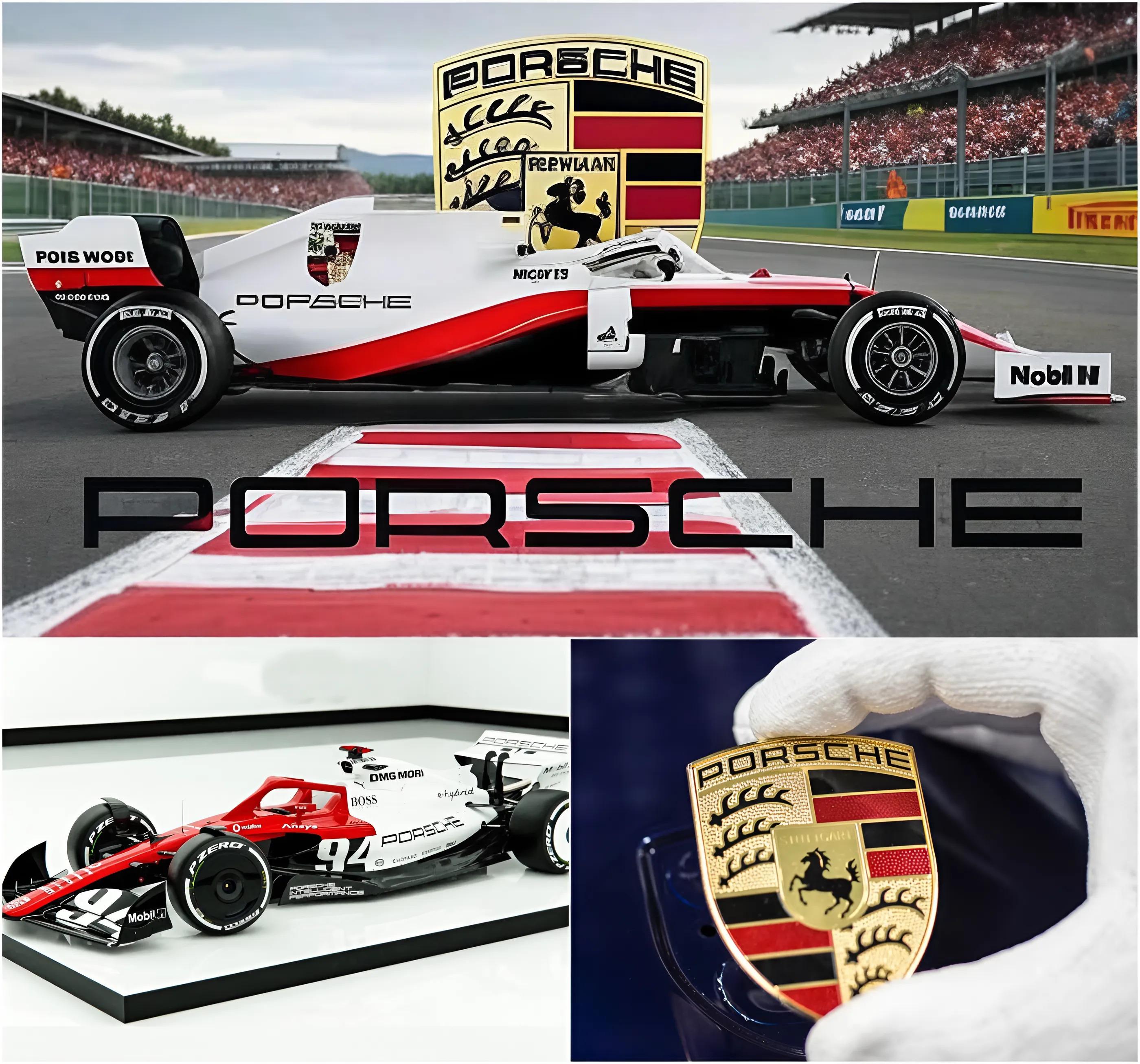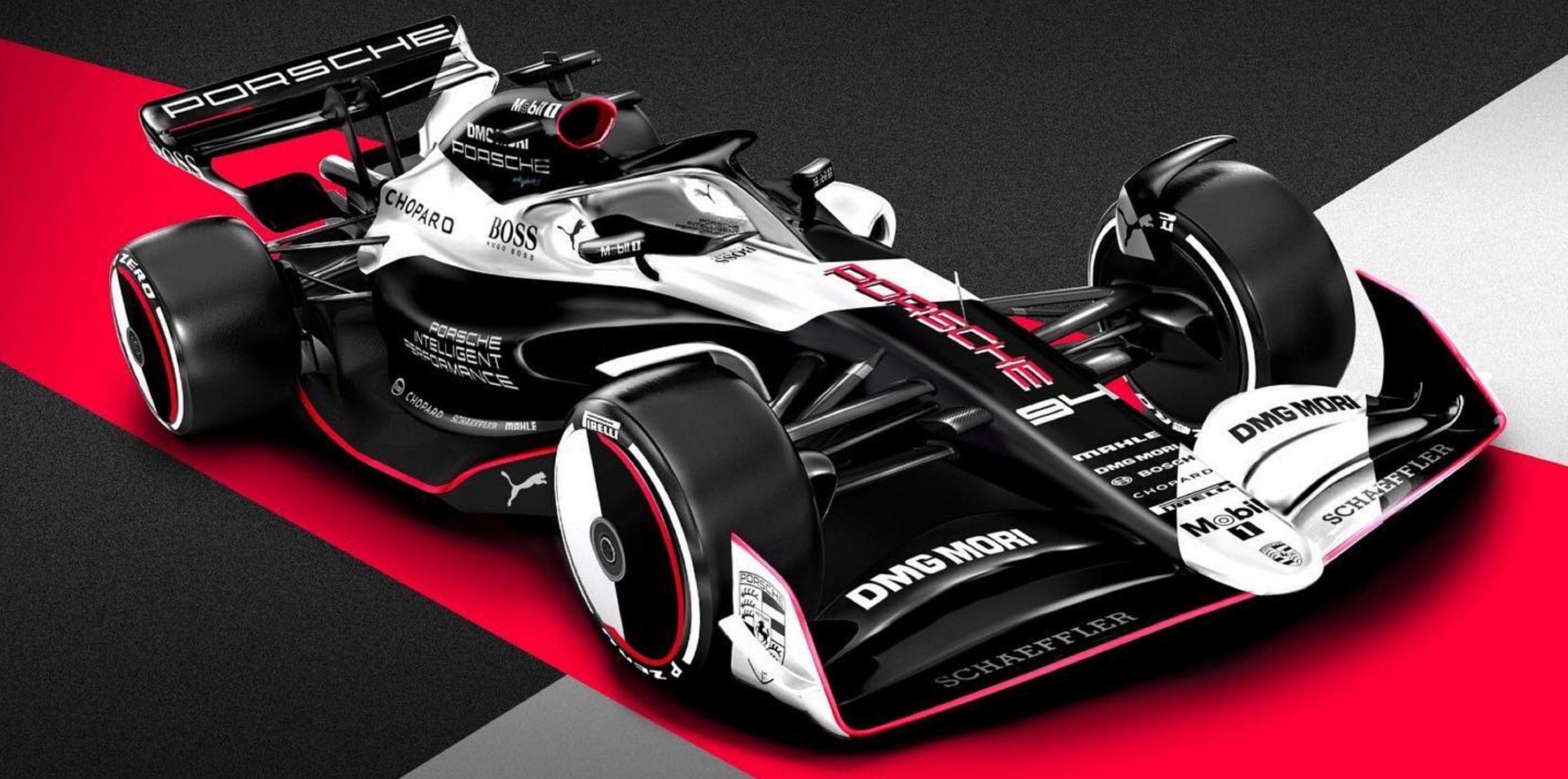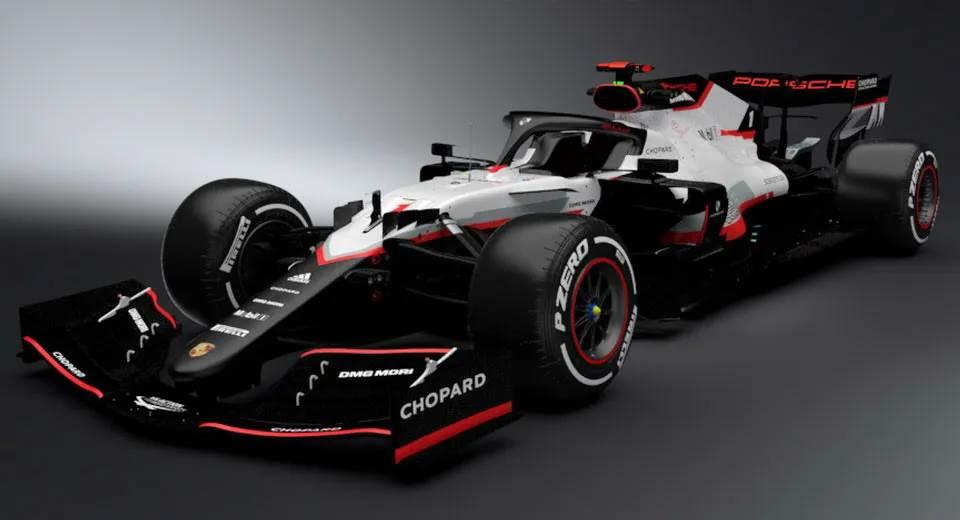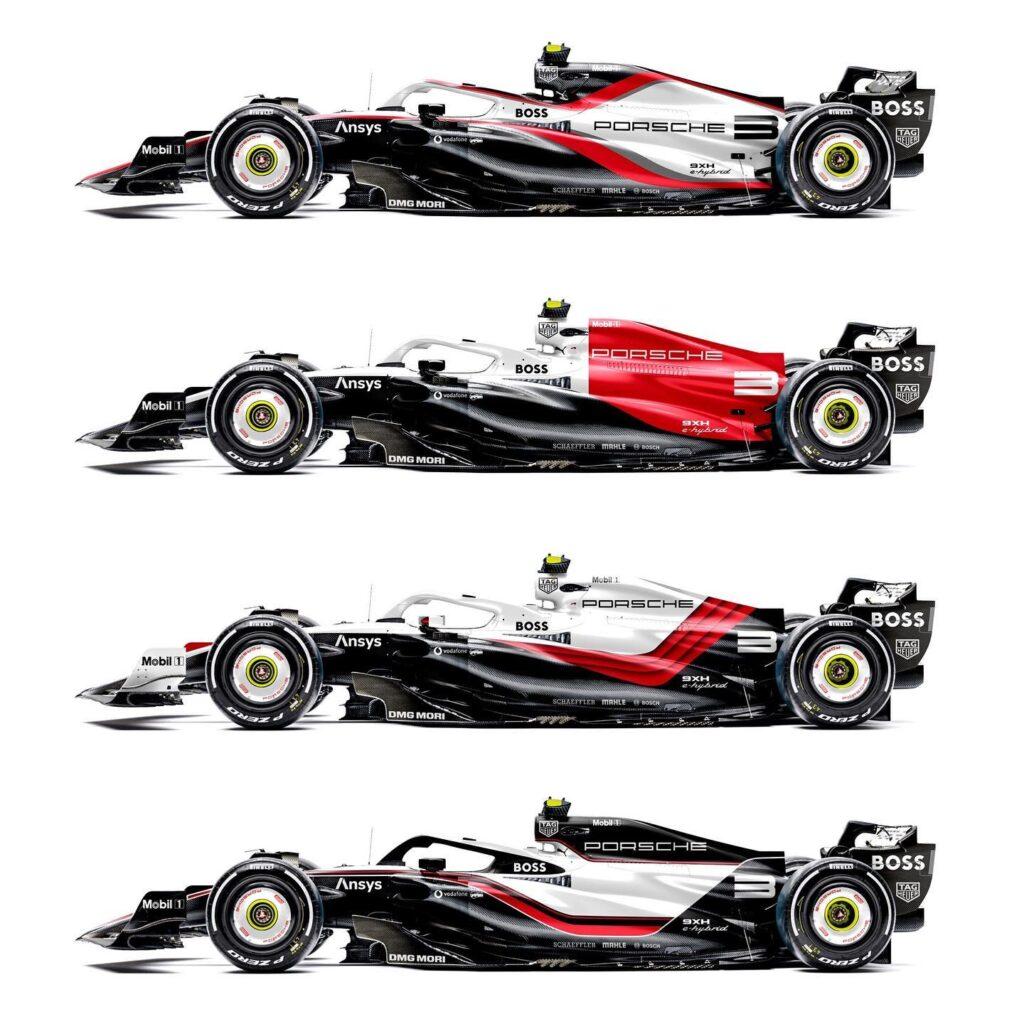Rumors are swirling in the motorsport world as Porsche, the iconic German automaker, is reportedly gearing up for a Formula 1 entry in 2026, following years of speculation and stalled negotiations. According to recent reports, Porsche has begun recruiting a team manager and technical staff to spearhead this ambitious project, signaling a renewed commitment to joining the F1 grid. However, the financial costs associated with this endeavor, particularly the fees required to secure a spot and build a competitive team, have raised eyebrows, highlighting the high-stakes nature of entering the world’s premier racing series.

Porsche’s interest in Formula 1 is not new. In 2022, the Volkswagen Group, Porsche’s parent company, announced plans for both Porsche and Audi to enter F1 in 2026, capitalizing on new engine regulations emphasizing sustainable fuels and simplified hybrid systems. While Audi has progressed steadily, acquiring the Sauber team and developing its own power unit, Porsche’s journey has been rockier. Initial talks with Red Bull Racing collapsed in 2022 due to disagreements over control, with Porsche seeking a 50% stake in the team. Subsequent discussions with other teams, including Williams and McLaren, also faltered, as Porsche’s demand for a significant ownership stake clashed with teams’ reluctance to cede control.
Now, fresh reports indicate Porsche is exploring a new path, possibly by taking over Audi’s F1 operations or partnering with an existing team like Williams. Sources suggest Porsche is actively recruiting, with a focus on securing a high-profile team manager to lead the project. Names like Tim Milne, a former aerodynamicist with experience at Renault, Honda, and Manor, have surfaced as potential hires for technical roles, reflecting Porsche’s intent to build a robust technical team. Posts on X have fueled speculation, with users like @F1Insider noting Porsche’s recent job listings for engine and aerodynamics specialists, hinting at a 2026 grid entry.

The financial hurdles, however, are staggering. Entering F1 as a new team requires a $200 million anti-dilution fee, payable to existing teams to offset the impact of prize money distribution, a figure that has shocked industry observers. This fee, mandated by the FIA, ensures new entrants contribute to the sport’s financial ecosystem. Additionally, Porsche faces costs estimated at $300-400 million annually to develop a competitive power unit and chassis, especially since it lacks the infrastructure for a standalone engine project. Unlike Audi, which is building its own powertrain in Neuburg, Porsche may rely on rebadged Audi engines or external suppliers, further complicating its budget. Some X posts, including one from @MotorsportFan, estimate total startup costs could exceed $1 billion over the first three years, a figure that dwarfs even Porsche’s substantial resources.

The 2026 season is a strategic entry point due to new regulations eliminating the complex MGU-H component and introducing sustainable fuels, aligning with Porsche’s carbon-neutral goals. However, the collapse of its Red Bull deal, where Porsche aimed to integrate with Red Bull Powertrains, has forced a rethink. Reports from The Race suggest Porsche’s insistence on controlling a team’s operations alienated potential partners, as seen in Red Bull’s pivot to a deal with Ford. Yet, Porsche’s motorsport heritage, including its success in Le Mans and Formula E, fuels optimism that it can overcome these challenges.
The recruitment drive is a critical step. A team manager with F1 experience, potentially someone like Andreas Seidl, who led McLaren’s revival, could provide the leadership needed to navigate the sport’s complexities. Technical staff, including aerodynamicists and engine specialists, are being sought to meet the FIA’s stringent requirements for technical capability and financial stability. The FIA’s evaluation process also demands a solid business plan and a commitment to diversity and inclusion, areas where Porsche’s corporate structure could provide an edge.

As Porsche navigates these waters, the motorsport community watches closely. Fans on X are divided, with some like @RacingPulse celebrating Porsche’s potential return, while others question whether the costs justify the investment. The surprising fees underscore the high barriers to entry in F1, even for a brand as storied as Porsche. Whether through a partnership or a rebranded Audi project, Porsche’s 2026 bid could reshape the grid, bringing its engineering prowess to a sport hungry for innovation.






